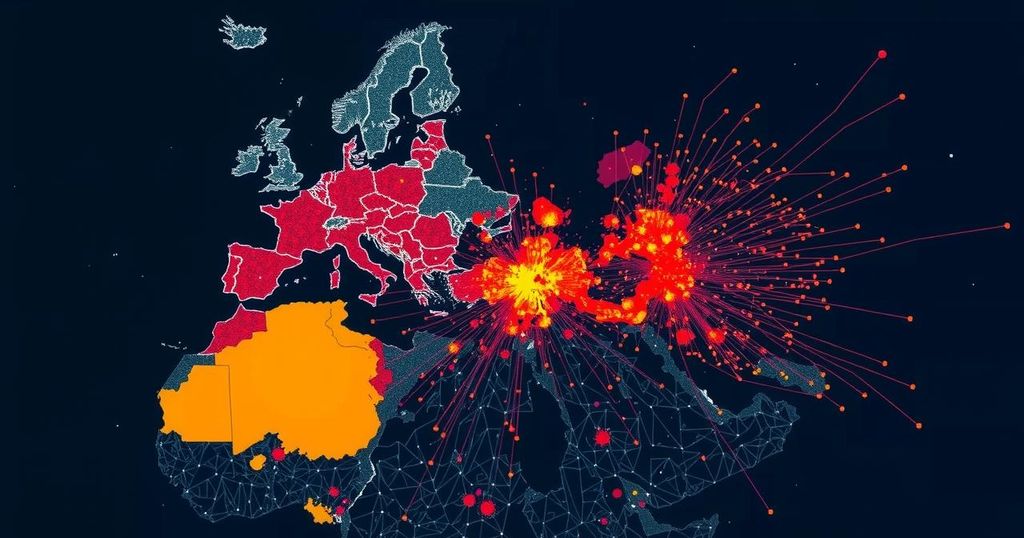Assessing the Houthi Threat: Implications for Israel and U.S. Interests
The Houthis have transformed into a formidable military force supported by Iran, posing significant threats to Israel and international shipping. U.S. defense assessments highlight their advanced weaponry, but Iran’s role in bolstering the Houthis remains understated. With the possibility of changing U.S. administration policies, the future dynamics of conflict in the region may shift dramatically.
The Houthis of Yemen have evolved into a significant military force equipped with advanced weaponry, including Iranian drones and missiles, which pose a serious threat to Israel, U.S. military assets, and international shipping routes. U.S. defense officials acknowledge the danger posed by the Houthis, noting their impressive arsenal and capabilities. Despite this recognition, the broader implications of Iranian support for the Houthis remain under-addressed, particularly as tensions grow in the region. The Houthis, now dubbed the “Southern Hizbullah,” continue to serve as Iran’s critical proxy in its confrontations against Western and Israeli interests. The situation raises concerns about the potential escalation of regional conflicts and whether U.S. policies may change under new administration leadership.
The Houthis, also known as Ansar Allah, have established a formidable military presence in Yemen, utilizing support from Iran in terms of arms, training, and intelligence. With an army exceeding 800,000 fighters, they present a strategic threat not only to regional adversaries such as Saudi Arabia and Israel but also to the safety of international maritime trade. Iran’s backing enhances the Houthis’ operational capabilities, intensifying concerns about their role as a proxy in broader Iranian ambitions against Western interests. The ongoing conflict and incidents involving U.S. Navy ships underscore the precarious security landscape in which these groups operate.
In conclusion, the Houthis represent a potent threat that extends beyond regional implications, potentially reshaping the security dynamics for the U.S. and its allies. The Iranian influence over the Houthis, coupled with their demonstrated military advancements, could further complicate and escalate existing tensions in the region. As the U.S. navigates its foreign policy, a reassessment of its approach to addressing both the Houthi threat and Iranian support mechanisms appears crucial to ensure stability in the Middle East.
Original Source: jcpa.org




Post Comment